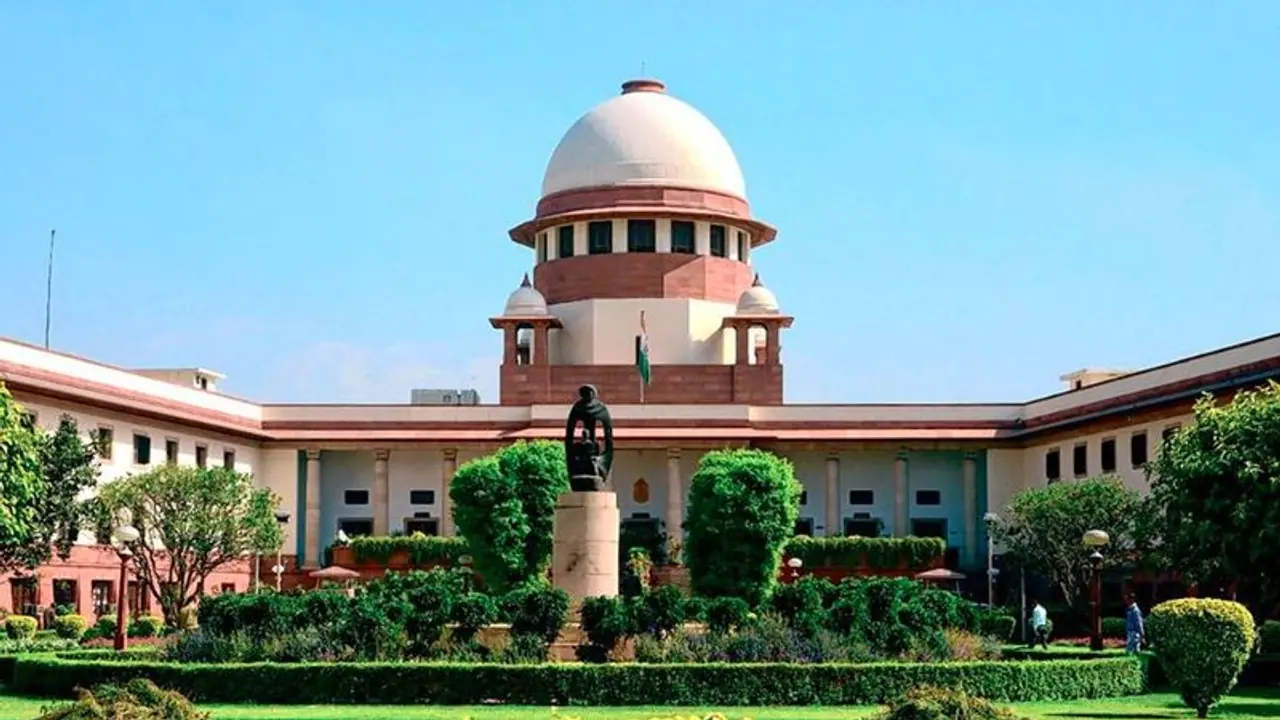The three-judge bench, presided over by Chief Justice DY Chandrachud, addressed a plea challenging a 2011 judgment by a two-judge bench, which had ruled that children born from "invalid marriages" had the right to inherit their parents' properties, whether self-acquired or ancestral.
In a significant ruling, the Supreme Court has asserted that children born from "invalid marriages" are entitled to a share of their parents' property, clarifying that such children have been granted legitimacy by statute. However, the court specified that they can claim these rights exclusively under Hindu Succession law.

This ruling represents a reversal of previous court decisions, which had limited the rights of children from "invalid marriages" to only their parents' self-acquired property, excluding ancestral property.
Sharad Pawar, Tejashwi, Raghav Chadha among key members of INDIA's coordination panel
The three-judge bench, presided over by Chief Justice DY Chandrachud, addressed a plea challenging a 2011 judgment by a two-judge bench, which had ruled that children born from "invalid marriages" had the right to inherit their parents' properties, whether self-acquired or ancestral.
The earlier ruling had stated that a child born from a "void or voidable marriage" could not claim a share in ancestral coparcenary property but was entitled only to a share in their parents' self-acquired properties, if any. This ruling had overturned a Madras High Court judgment that had granted children born from live-in relationships the right to inherit ancestral property.
Furthermore, the court had emphasized that the relevant provisions clearly indicated that a child from a "void or voidable marriage" could only assert rights to their parents' property and no one else.
Assam Rifles remains unbiased, rescued people of both communities in Manipur: DG Lt Gen PC Nair
In a recent hearing, a bench led by Chief Justice DY Chandrachud had reserved its verdict on the plea, specifically addressing whether children from "invalid marriages" were entitled to a share in their parents' ancestral property under Hindu laws. The court was also set to determine whether these shares were limited exclusively to the parents' self-acquired properties, as stipulated by relevant sections of the Hindu Marriage Act.
Under Hindu law, a "void" marriage implies that the parties involved do not hold the status of "husband" and "wife." In contrast, in a "voidable" marriage, they do maintain this status. Additionally, a "void" marriage does not require a decree of nullity for annulment, while a "voidable" marriage necessitates such a decree.
